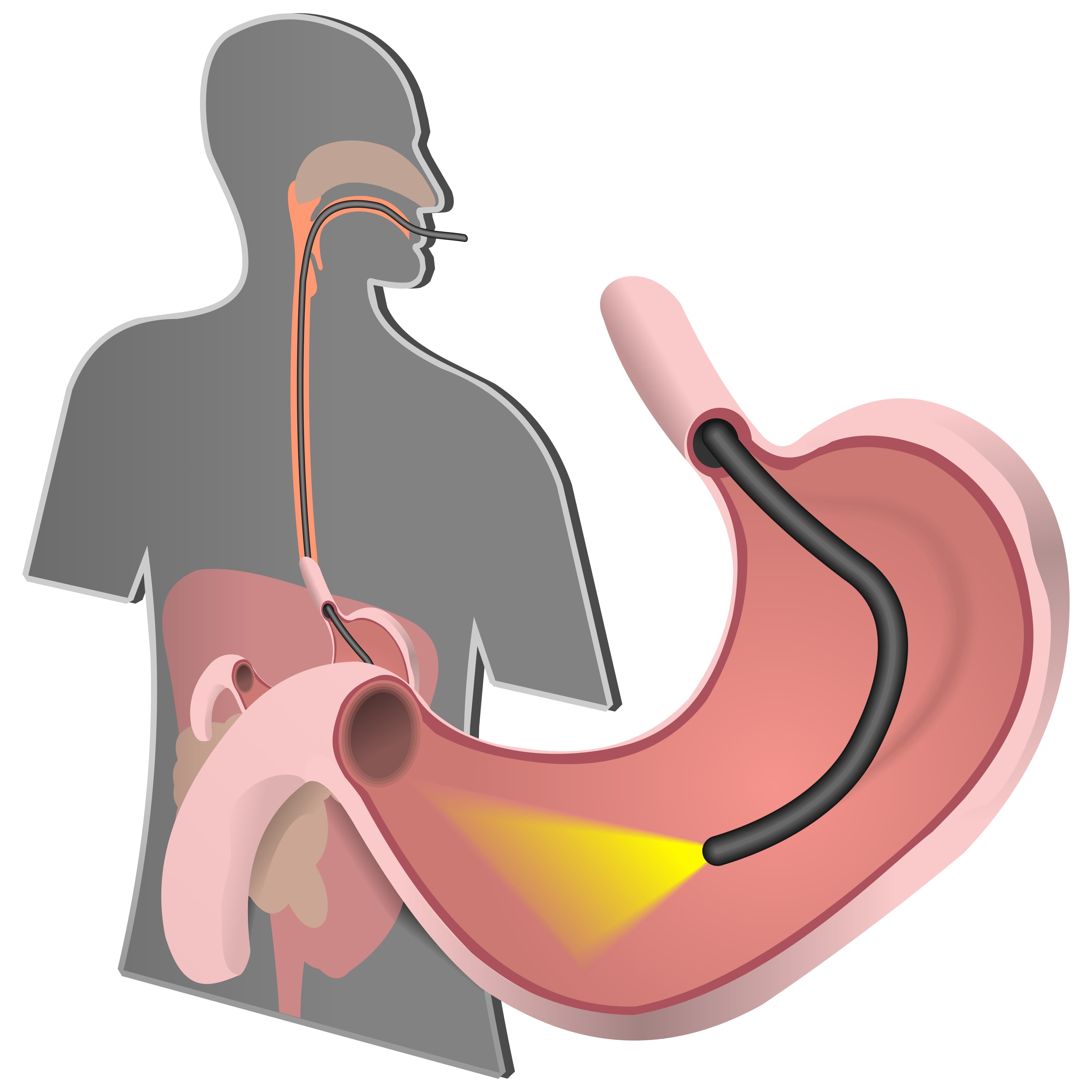 Endoscopic retrograde cholangiopancreatography (ERCP) is used to diagnose and treat many diseases of the bile and pancreatic ducts. Unfortunately, this common procedure carries with it a high risk for development of pancreatitis. Pancreatitis can cause flu-like symptoms, lower blood pressure, and even cause fatality in some cases.
Endoscopic retrograde cholangiopancreatography (ERCP) is used to diagnose and treat many diseases of the bile and pancreatic ducts. Unfortunately, this common procedure carries with it a high risk for development of pancreatitis. Pancreatitis can cause flu-like symptoms, lower blood pressure, and even cause fatality in some cases.
Since ERCP is usually effective for diagnosing and treating conditions affecting the bile and pancreatic ducts – and can help patients to avoid surgery – much research has been done to find ways to prevent and treat post-ERCP pancreatitis. The following are a few preventative strategies that doctors should take to ensure that their patients avoid the possible risks of post-ERCP pancreatitis.
Identify High Risk Patients
Identifying patients who are at high risk for developing post-ERCP pancreatitis helps doctors to take special precautions to prevent the condition and monitor patients more carefully.
Some factors that put patients at higher risk for pancreatitis include:
- Obesity
- Female gender
- Previous post-ERCP pancreatitis
- Sphincter of Oddi dysfunction
- Nondilated bile ducts
- Biliary sphincterotomy
Increase Focus on Hydration
 Hydrating patients before, during, and after ERCP can help to prevent pancreatitis by limiting the inflammation response in the pancreas during the procedure. Although further studies are needed to definitively conclude that adequate hydration levels can prevent pancreatitis, no adverse effects have been noted when there has been an increased focus on hydration.
Hydrating patients before, during, and after ERCP can help to prevent pancreatitis by limiting the inflammation response in the pancreas during the procedure. Although further studies are needed to definitively conclude that adequate hydration levels can prevent pancreatitis, no adverse effects have been noted when there has been an increased focus on hydration.
Use of Lactated Ringer’s Solution
Saline solution is most commonly used for hydration purposes during ERCP procedures, but evidence suggests that lactated Ringer’s solution may be more effective in preventing pancreatitis. The solution has shown to be better at reducing acidification of pancreatic tissue than saline solution. This helps to maintain microcirculation in the blood vessels of the pancreas.
Since patients receive intravenous fluids throughout ERCP procedures as a standard, switching to lactated Ringer’s solution instead of saline solution or other solutions is a simple way to improve the prognosis of the procedure and prevent complications.
Fighting Against Negligence
 Preventing pancreatitis following ERCP procedures is a significant step for improving outcomes for patients. It’s not just an extra precaution, it’s mandatory for doctors to try to foresee and prevent as many complications as possible. When doctors fail to keep the highest safety standards, they may be putting their patients at risk for deadly complications.
Preventing pancreatitis following ERCP procedures is a significant step for improving outcomes for patients. It’s not just an extra precaution, it’s mandatory for doctors to try to foresee and prevent as many complications as possible. When doctors fail to keep the highest safety standards, they may be putting their patients at risk for deadly complications.
In the unfortunate event that you suspect negligence or incompetence as the reason for your post-ERCP pancreatitis, call us today to discuss your legal options.
